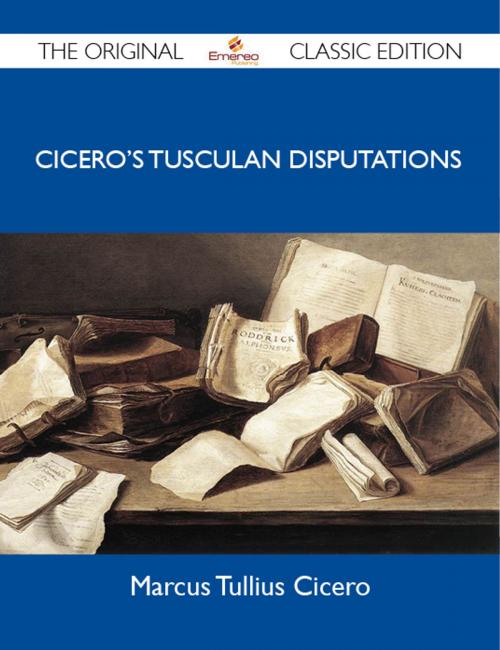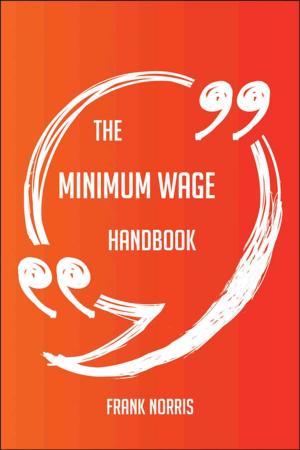Cicero's Tusculan Disputations - The Original Classic Edition
Nonfiction, Reference & Language, Reference, Fiction & Literature| Author: | Cicero Marcus | ISBN: | 9781486414475 |
| Publisher: | Emereo Publishing | Publication: | October 24, 2012 |
| Imprint: | Emereo Publishing | Language: | English |
| Author: | Cicero Marcus |
| ISBN: | 9781486414475 |
| Publisher: | Emereo Publishing |
| Publication: | October 24, 2012 |
| Imprint: | Emereo Publishing |
| Language: | English |
The Roman Republic that Cicero loved was falling apart. Marius and Sulla, the Gracchi, the conflicts over the powers of the tribunes had dealt a severe blow to a form of government that had proved itself adequate for governing a city-state, but less so for managing a multi-cultural empire. Cicero fought valiantly against corrupt governors like Verres (Against Verres) and would-be dictators like Marc Antony (2nd Phillipic Against Antony). When he finally threw in his lot with Pompey, he picked the wrong horse and put himself in harms way. Eventually, Augustus and Antony had him killed as an obstacle to their plans.
The wonderful letters that Cicero wrote to his friend Atticus and others such as Pompey show his hurt at having been rudely pushed aside. He saw himself as the Savior of Rome for his part in quashing the conspiracy of Catiline, but he lived in a world where What have you done for me lately? was the question of the day.
Increasingly, Cicero turned to farming and philosophizing. His essays reprinted here, are penetrating, humane, and even Christian in a way. One could see why monk copyists of the Middle Ages saw in the Roman senator a pre-Christian piety at work.
This book is definitely a keeper.
The Roman Republic that Cicero loved was falling apart. Marius and Sulla, the Gracchi, the conflicts over the powers of the tribunes had dealt a severe blow to a form of government that had proved itself adequate for governing a city-state, but less so for managing a multi-cultural empire. Cicero fought valiantly against corrupt governors like Verres (Against Verres) and would-be dictators like Marc Antony (2nd Phillipic Against Antony). When he finally threw in his lot with Pompey, he picked the wrong horse and put himself in harms way. Eventually, Augustus and Antony had him killed as an obstacle to their plans.
The wonderful letters that Cicero wrote to his friend Atticus and others such as Pompey show his hurt at having been rudely pushed aside. He saw himself as the Savior of Rome for his part in quashing the conspiracy of Catiline, but he lived in a world where What have you done for me lately? was the question of the day.
Increasingly, Cicero turned to farming and philosophizing. His essays reprinted here, are penetrating, humane, and even Christian in a way. One could see why monk copyists of the Middle Ages saw in the Roman senator a pre-Christian piety at work.
This book is definitely a keeper.















